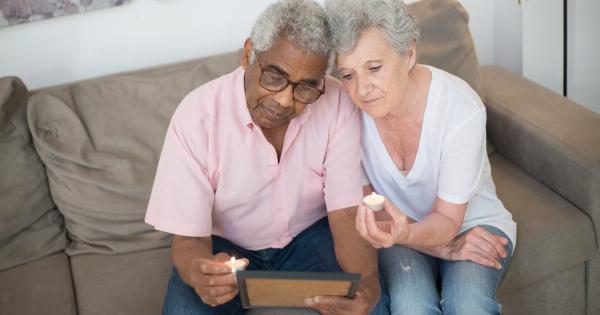Sleeping is an essential part of a baby’s growth and development. However, it is crucial to remember that sleep position is equally important. The position in which a baby sleeps can play a significant role in their safety.
Letting your baby sleep on their stomach can increase the risk of sudden infant death syndrome (SIDS). In this article, we will discuss the potential risks of letting your baby sleep on their stomach and what you can do to keep them safe.
What is Sudden Infant Death Syndrome (SIDS)?
Sudden Infant Death Syndrome (SIDS) is the sudden and unexplained death of an apparently healthy infant during sleep. It is the leading cause of death among infants between one month and one year of age.
While the exact cause of SIDS is unknown, research has shown that certain factors increase the risk, with sleeping position being one of the most significant factors.
Why is Sleeping on the Stomach Dangerous for Babies?
When a baby sleeps on their stomach, it increases the risk of SIDS. The reason behind this is not entirely clear, but it is believed to be related to breathing difficulties and overheating.
When a baby sleeps on their tummy, their nose and mouth are pressed against the surface they are lying on, which can restrict their airflow. Overheating can also occur when a baby is sleeping in this position, increasing the risk of SIDS.
What Are the Risk Factors for SIDS?
While SIDS can occur in any baby, there are certain risk factors that increase the likelihood of it happening. These risk factors include:.
- Sleeping on the stomach
- Maternal smoking during pregnancy
- Overheating
- Poor prenatal care
- Low birth weight
- Being born prematurely
- Family history of SIDS
Safe Sleep Recommendations
The American Academy of Pediatrics (AAP) recommends the following safe sleep practices for infants to reduce the risk of SIDS:.
- Always place your baby on their back to sleep, for naps and at night.
- Use a firm sleep surface, such as a crib mattress covered with a fitted sheet.
- Avoid soft bedding, including crib bumpers, blankets, and pillows.
- Keep toys and other soft objects out of the sleeping area.
- Do not allow smoking around your baby, before, or after birth.
- Do not let your baby overheat during sleep.
- Offer your baby a pacifier for sleep but do not force him or her to use it.
- Breastfeed your baby if possible.
- Make sure your baby gets all recommended vaccinations.
- Do not use home monitors or commercial devices that claim to reduce the risk of SIDS.
When is it Safe to Let Your Baby Sleep on Their Stomach?
It is safe to let your baby sleep on their stomach only when they are awake and supervised.
Tummy time is important for strengthening your baby’s neck muscles and supporting development, but it should always be done while your baby is awake and under close supervision. Once your baby can roll over on their own, they may continue to sleep on their stomach during naps and at night.
Conclusion
While many parents and caregivers believe that allowing a baby to sleep on their stomach will help them sleep better, it can increase the risk of sudden infant death syndrome.
Practicing safe sleep recommendations, such as placing your baby on their back to sleep, using a firm sleep surface, and avoiding soft bedding, can help reduce this risk. Remember, a safe sleeping environment is crucial for your baby’s well-being, so always be vigilant when it comes to your baby’s sleep position.


























